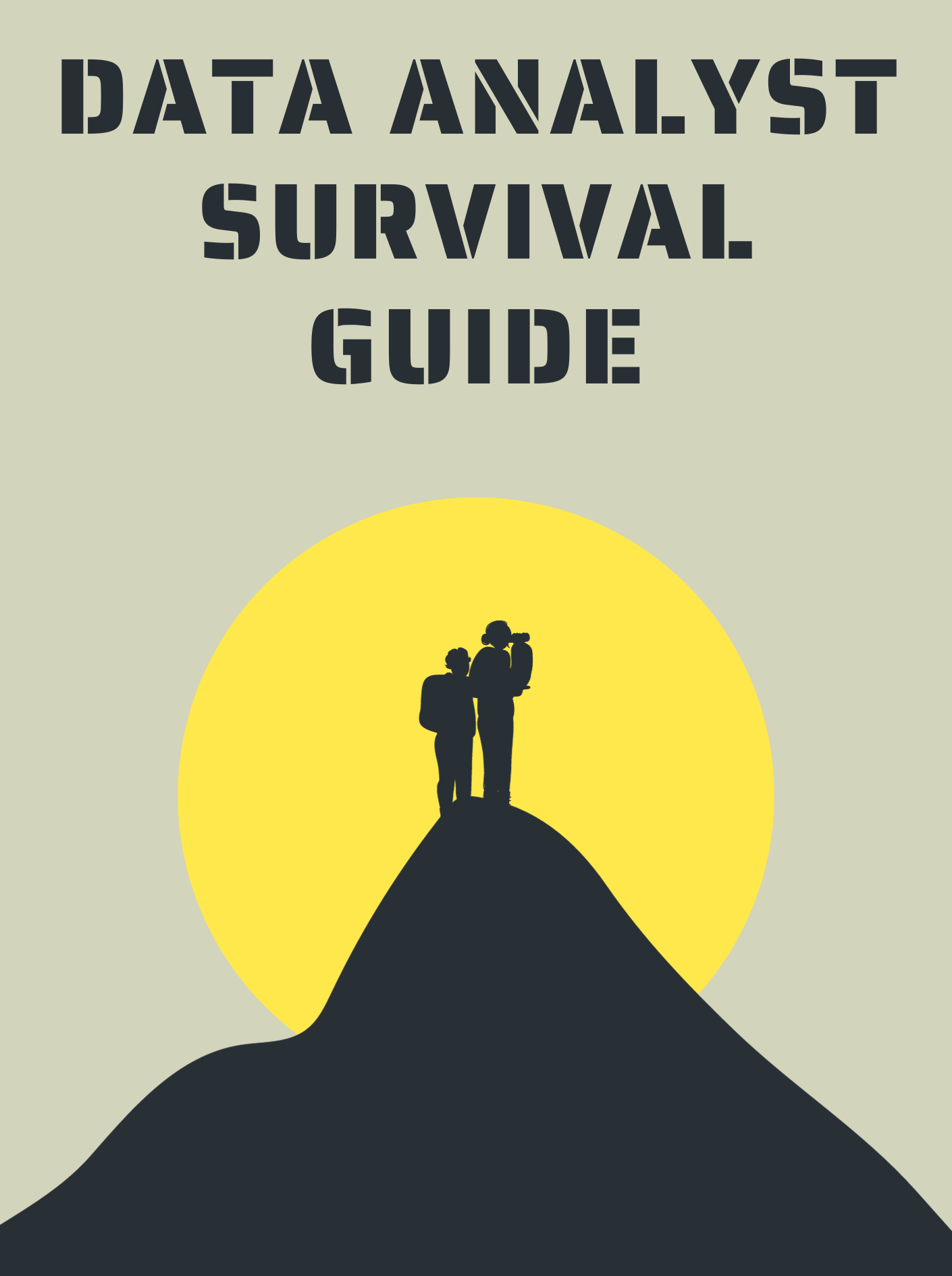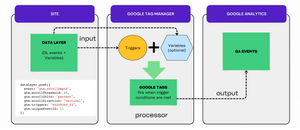My partner told me there’s a book called Engineers Survival Guide.
As an analyst, I was inspired to write a Data Analyst Survival Guide.
I am not only talking about how to survive with the AI army coming, although it’s part of the upcoming chapters.
I want to share things I wished someone had told me when I felt lost, frustrated, and self-doubt early in my career in analytics.
These are NOT general career advice, they are specific to data analysts.
I am going to be brutally honest in the posts, otherwise, it would be a waste of your time and mine.
Obligatory Disclaimer: All opinions and advice are my own. Take them as you wish.
In the first chapter, I am going to address the fundamental existential crisis, what is the purpose of an analytics team?
Understanding it can clarify what to expect in your career and avoid surprises or frustration. It may even make you realize that you don’t want to be in data analytics.
Do they HAVE TO listen to you?
Let’s make one thing clear first.
Data analytics is an advisory role.
We provide the data evidence to help stakeholders to make data-driven decisions. But we don’t own the final decision or execute it.
Note it’s data-driven, not data-dependent decisions. Because as important as it is, data is usually only part of the evidence. Unquantifiable measures, budget & resource needs are valid considerations to inform a business decision.
Sometimes it might seem crystal clear to you what the decision should be based on data, but it ends up going the other way.
You get frustrated. You doubt your self-worth.
What am I doing here if my work is not valued?!
There could be 3 scenarios:
Scenario 1: This occasionally happens. Your stakeholders considered what you presented, and decided to not go with your recommendation, well-informed about what the risks & benefits would be.
Then don’t worry. You are doing a great job by presenting a case for your recommendation.
You are not your idea, and if you identify too closely with your ideas, you will take offense when they are challenged. — Creativity, Inc
Scenario 2: Even staffed with data teams, the company still has the culture of making decisions based on Hippo (highest paid person’s opinion). The analytics team is mostly “for decoration”.
In this case, you have to seriously think about whether this is the place to develop your analytics career (no — if you have other options)
Scenario 3: You are not presenting the case in a way for your stakeholders to fully grasp the value. It’s common for analysts to talk too much about the data vs. the story. How to speak in the language of stakeholders is something very much “practice makes perfect”, it’s important enough that worth its stand-alone chapter (stay tuned).
Now you know It’s common that not all decisions will go according to your recommendations based on data, but still, it’s your responsibility to show your findings, true, which brings us to the next point…
To Say or Not to Say?
There’s a meme — “A data analyst’s job is to tell people what they are already thinking.”
Well…Life would be so much easier if that’s always the case!
If your analysis happens to confirm the hypotheses your team has had all along, then great, the team is all on board to go ahead.
It gets tricky when your findings, assuming it’s right, contradict what the team thinks, already plans to do, or 180 their biggest initiative.
You become the person who stops the music at a party. Do you call out your findings still?
On the one hand, you should, because this is your job and this actually means you are great at it — you are making an impact through data.
On the other hand, as long as you are working with people, some flavor of politics is always involved.
It’s a pickle.
What I would do is to still say what you have to say but be more cautious with the approach:
- Don’t blast out an email and announce it to the whole team right away.
- But do organize your findings into a slide doc (more on this in the upcoming chapters), explaining how you came to the conclusion, with detailed data in the appendix. There will be a lot of questions. so be as thorough as possible; QA the data, and go through it with your team and manager to make sure everything checks out and is as clear as possible.
- Don’t include conclusive commentary like, “This means we shouldn’t go forward with project x”, in the slide doc. Let your stakeholders come to that ultimate conclusion, as there are other considerations as well.
- But do point out the potential risks & benefits based on data.
I know these all sound quite “bureaucratic” and calculated. But believe me when I say this is essential (for my naivete have burned me); and honestly a normal part of any job when working with other peoples.
The Implication of Being in an Advisory Role
Analytics teams do a lot, but we don’t own business decisions.
We advise on them, not execute them.
There are upsides to this.
With great power comes great responsibility. You can't fail at something you don’t do. You aren’t the owner of the decision, so as long as you provide the right recommendations, you are not accountable for the result of business decisions.
Sounds too good to be true?
It is. There’s a downside to this.
As analytics do not have experience with business execution, it’s hard for analysts to climb up to a front-seat role that drives business initiatives, like your stakeholders’.
So if you are someone who likes to be in control of a lot of decisions, you might feel lackluster in an analytics position, taking a backseat. And you might need to consider pivoting to other roles.
A little preview, in the next chapter we will cover how to pass interviews and find the right team. Job interviews are two-way streets.





